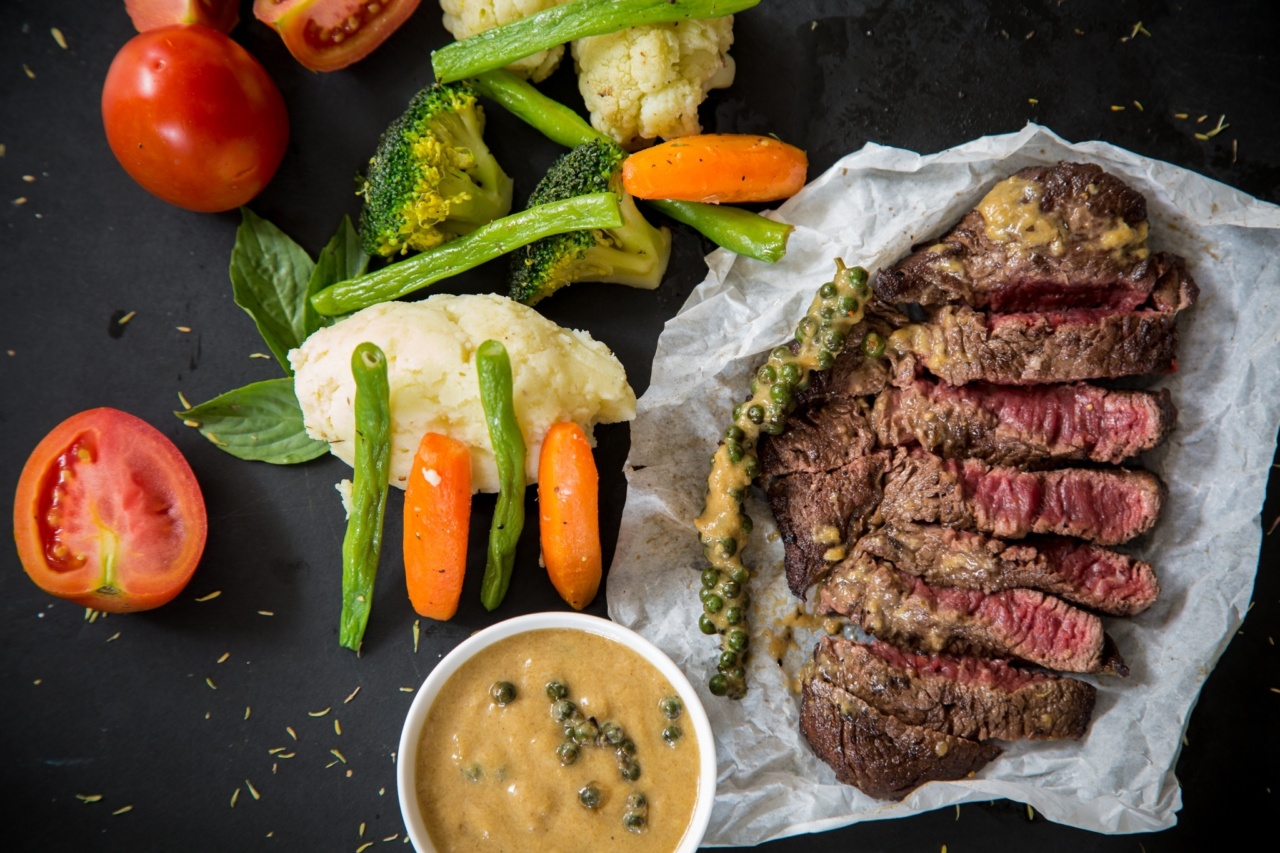You may have heard the phrase “you are what you eat,” and when it comes to protein, this statement is especially true. Protein is essential for building and repairing tissues in the body, including muscles, bones, skin, and hair.
It’s also an important nutrient for maintaining a healthy immune system and hormone balance. However, recent research suggests that protein intake could be linked to longevity. In this article, we’ll explore the connection between protein and longevity and how you can optimize your protein intake for a healthier, longer life.
What is Longevity?
Longevity refers to the length of time that an organism, such as a human being, can be expected to live.
While genetics play a significant role in determining lifespan, lifestyle factors such as diet, exercise, and stress management also have a big impact on how long we live. There is no one-size-fits-all formula for longevity, but experts agree that healthy habits can help promote a longer, healthier life.
What is Protein?
Protein is a macronutrient that is made up of chains of amino acids. It’s found in a variety of foods, including meat, fish, dairy, eggs, nuts, seeds, and legumes.
When we eat protein, our bodies break it down into individual amino acids, which are then used to build and repair tissues in the body. Protein also plays a role in numerous other bodily functions, including enzyme production, hormone regulation, and immune system support.
The Link Between Protein and Longevity
Recent studies have suggested that the amount and source of protein in our diets could be linked to longevity.
In a study published in the American Journal of Clinical Nutrition, researchers found that a high consumption of plant-based proteins, such as beans, nuts, and whole grains, was associated with a lower risk of mortality. Another study published in the Journal of the American Medical Association found that a low-protein, high-carbohydrate diet was associated with a longer lifespan in mice.
On the other hand, some research has suggested that a high intake of animal-based proteins, such as red meat and processed meats, could be linked to an increased risk of mortality.
A study published in the Archives of Internal Medicine found that red meat consumption was associated with a higher risk of mortality from cardiovascular disease and cancer.
These findings suggest that the type and source of protein in our diets could have a significant impact on our lifespan. Experts recommend consuming a balanced diet that includes a variety of protein sources, with an emphasis on plant-based proteins.
How Much Protein Do We Need?
The amount of protein we need varies depending on factors such as age, sex, weight, and activity level. The recommended daily allowance (RDA) for protein is 0.8 grams per kilogram of body weight for adults.
However, some experts suggest that older adults may require more protein to maintain muscle mass and prevent age-related muscle loss.
It’s also important to note that not all protein sources are created equal. Animal-based proteins tend to be higher in saturated fat and cholesterol, which can increase the risk of heart disease.
Plant-based proteins, on the other hand, are usually lower in saturated fat and higher in fiber, which can help improve cholesterol levels and support heart health. Experts recommend choosing lean sources of animal protein, such as poultry and fish, and incorporating more plant-based proteins into your diet, such as beans, lentils, and quinoa.
Optimizing Your Protein Intake
If you’re looking to optimize your protein intake for longevity, here are some tips to keep in mind:.
- Choose a variety of protein sources, including both animal and plant-based proteins.
- Limit your intake of red and processed meats.
- Incorporate more plant-based proteins into your diet, such as nuts, seeds, and legumes.
- Choose lean sources of animal protein, such as poultry and fish.
- Opt for low-fat dairy products, such as skim milk and Greek yogurt.
The Bottom Line
Protein is an essential nutrient that is necessary for building and repairing tissues in the body, as well as supporting numerous other bodily functions.
Recent research suggests that the type and source of protein in our diets could be linked to longevity, with a higher consumption of plant-based proteins associated with a lower risk of mortality. By choosing a balanced diet that includes a variety of protein sources and limiting your intake of red and processed meats, you can optimize your protein intake for a healthier, longer life.































